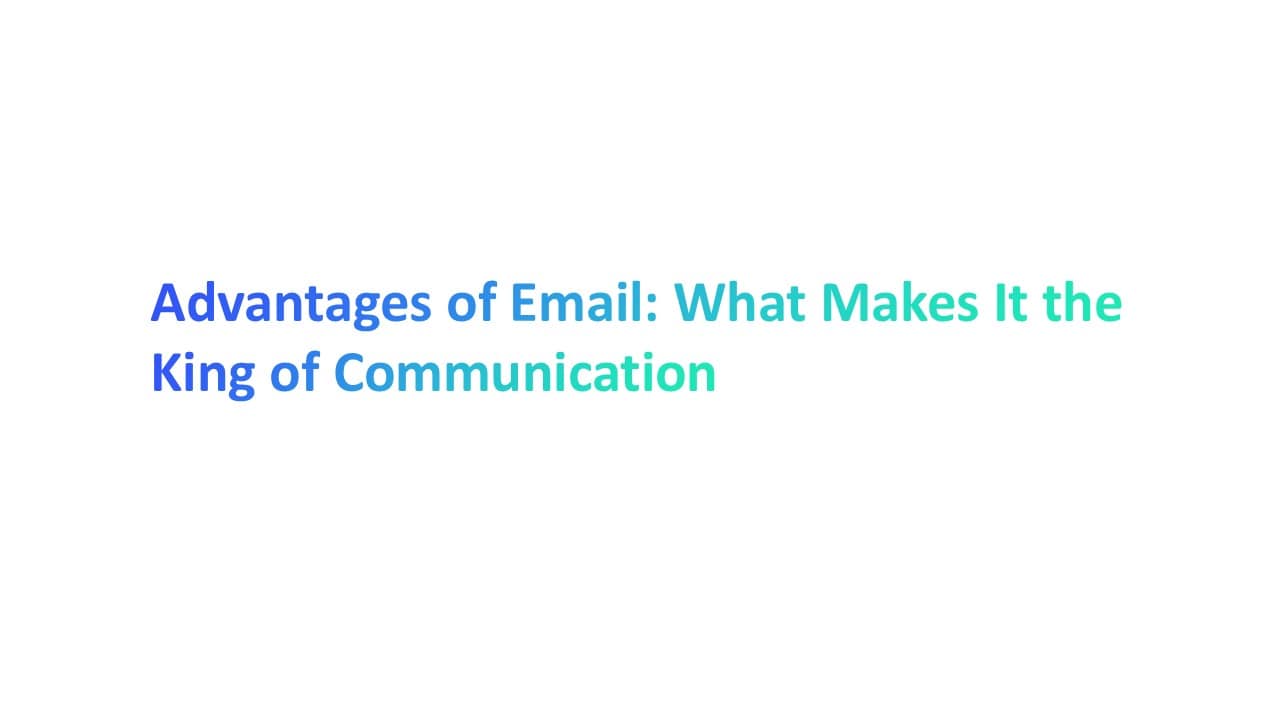Email marketing is a powerful digital marketing strategy that allows businesses to communicate with their target audience directly through their email inbox. To effectively implement an email marketing campaign, businesses often rely on email marketing tools, which are software or web-based services designed to simplify and streamline the process of creating, managing, and tracking email campaigns.
Email marketing tools typically offer a variety of features and functions that help businesses create and send professional-looking emails, segment their email lists based on various criteria such as demographics or past behaviour, automate email sequences, track the performance of their campaigns, and more. With so many options available, it can be difficult for businesses to choose the right email marketing tool for their needs.
In this article, we will explore the different types of email marketing tools available, as well as the key features and benefits of each. We will also provide some tips and best practices for using email marketing tools to improve your overall email marketing strategy and drive better results.
Types of Email Marketing Tools
There are several different types of email marketing tools available, ranging from simple standalone applications to comprehensive all-in-one platforms. Here are some of the most common types:
Email Service Providers (ESPs):
ESPs are web-based platforms that allow businesses to create, manage, and send email campaigns. They often provide a wide range of templates, drag-and-drop editors, and automation features, making it easy for businesses to create professional-looking emails without needing any coding or design skills.
Some popular ESPs include Mailchimp, Campaign Monitor, Constant Contact, and AWeber.
Marketing Automation Platforms:
Marketing automation platforms offer more advanced features than ESPs, allowing businesses to create complex, multi-step email sequences and automate various aspects of their email marketing campaigns. They may also include additional marketing tools such as landing page builders, CRM integrations, and analytics dashboards.
Examples of marketing automation platforms include Hubspot, Marketo, Pardot, and Infusionsoft.
CRM Email Marketing Tools:
Many customer relationship management (CRM) platforms offer built-in email marketing features, allowing businesses to send targeted emails to their existing customers and prospects. These tools may also include lead capture forms, lead scoring, and other sales and marketing automation features.
Some popular CRM email marketing tools include Salesforce Marketing Cloud, Zoho Campaigns, and Microsoft Dynamics 365 Marketing.
Key Features of Email Marketing Tools
While the specific features offered by email marketing tools will vary depending on the platform, there are some common features that most businesses will find useful. These include:
Email Templates:
Most email marketing tools offer a variety of pre-designed email templates that businesses can customize to fit their brand and messaging.
Drag-and-Drop Editors:
Drag-and-drop editors make it easy for businesses to create and customize email campaigns without needing any coding or design skills.
List Segmentation:
Segmenting email lists based on various criteria such as demographics, past behaviour, or lead score can help businesses send more targeted and relevant emails.
A/B Testing:
A/B testing allows businesses to test different variations of their emails to see which performs better and optimize their campaigns accordingly.
Automation:
Automation features allow businesses to set up email sequences that are triggered by specific actions or events, such as signing up for a newsletter or abandoning a shopping cart.
Analytics:
Analytics dashboards provide businesses with data and insights on their email campaigns, including open and click-through rates, conversion rates, and more.
Best Practices for Using Email Marketing Tools
To get the most out of your email marketing tools, here are some best practices to keep in mind:
Build a Quality Email List:
A quality email list is the foundation of any successful email marketing campaign. Make sure to collect email addresses ethically and only send emails to people who have opted-in to receive your communications. This will not only improve your deliverability and open rates, but it will also help you avoid being labelled as spam.
Segment Your Lists:
Segmenting your email lists based on various criteria, such as demographics, interests, or past behaviour, can help you send more targeted and personalized messages that are more likely to resonate with your audience.
Use Personalization:
Personalizing your emails with the recipient's name, location, or other relevant information can help improve engagement and response rates.
Test and Optimize:
A/B testing different variations of your emails can help you identify what works best for your audience and optimize your campaigns accordingly.
Monitor Your Results:
Regularly monitoring your email campaign performance using analytics dashboards can help you identify areas for improvement and make data-driven decisions to drive better results.
Email marketing tools are essential for businesses looking to implement an effective email marketing strategy. With so many options available, it's important to choose the right tool that meets your specific needs and goals. Whether you're just starting with email marketing or looking to take your campaigns to the next level, using email marketing tools can help you save time, streamline your workflow, and drive better results. By following best practices and continuously optimizing your campaigns, you can achieve a higher ROI and build stronger relationships with your audience.







.webp)

